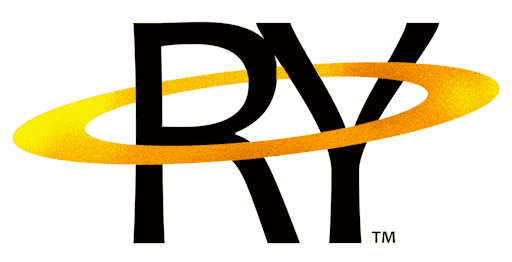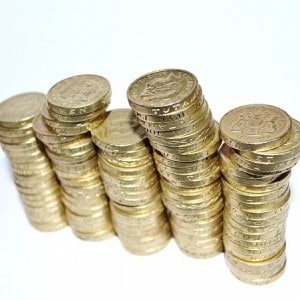Some bank accounts let you get more out than you have in (overdraw) by a small amount (for example, £25) without charging. But if you go overdrawn without agreement you’ll normally be charged interest on the amount – and a fee on top. In addition, the bank may refuse to pay your cheques or direct debits and will probably charge you for ‘bouncing’ (refusing) them. The fees can be very high, and you may have to pay an administration fee on top.
Source: Direct.Gov
Read more
- Bank overdrafts @ Citizens Advice
Excerpt: To avoid this happening, keep a record of everything you pay out of your bank account, including cash withdrawals, direct debits and standing orders. Keep a careful check on the amount in your account (the balance) and try to remember to check your bank statements as soon as you get them. If you think you might go overdrawn, get in touch with the bank straightaway to make an agreement.
- Bank overdraft @ Money Advice Service
Excerpt: If you accidentally or deliberately spend beyond your authorised overdraft limit, your bank or building society will probably charge you extra. As well as paying higher charges than for an authorised overdraft you are usually charged a flat fee for each transaction you make over your authorised limit. These charges can cost you a lot of money over time. Try to avoid going into unauthorised overdraft. If you see that you are getting close to the limit you have been given, try to reduce your spending or talk to your bank or building society about your situation.
Further help
- Money Advice Service on 0300 500 5000


